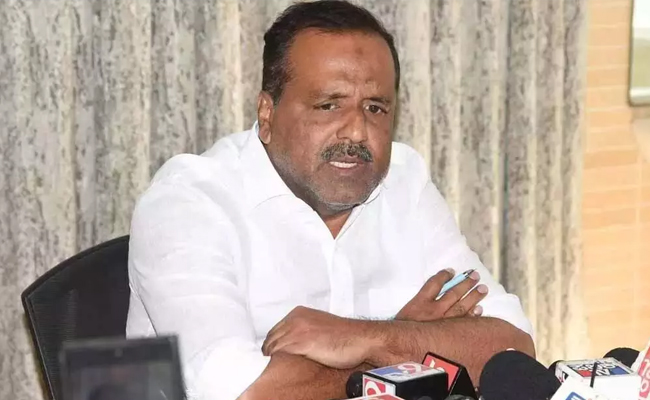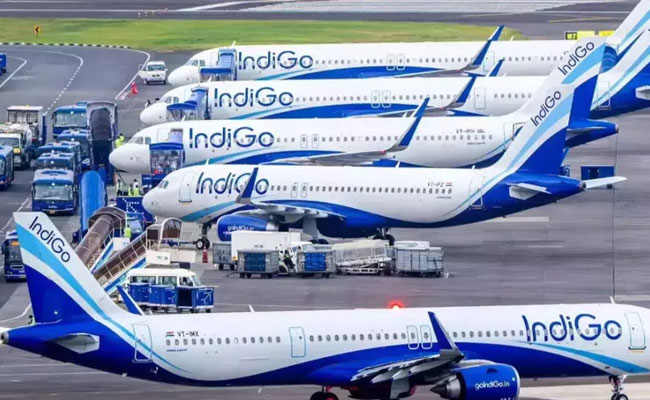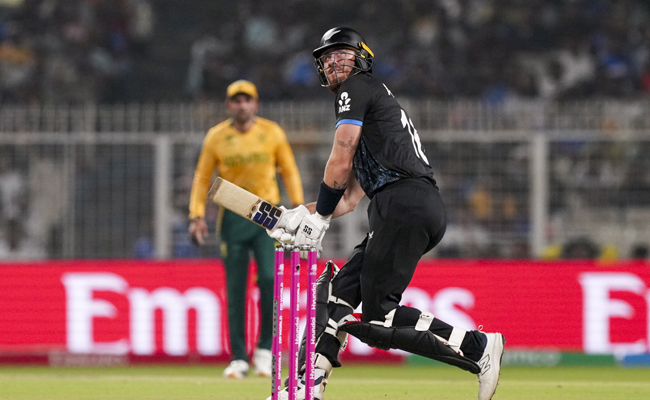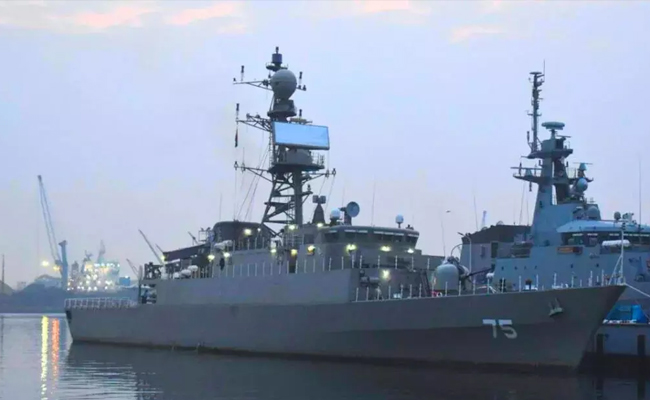Lahore, Oct 17 : A serial killer of minor girls was executed at a jail in Lahore on Wednesday after he was convicted and sentenced to death by an anti-terrorism court for raping and murdering a seven-year-old girl, in an incident that sparked outrage and violent protests in Pakistan early this year.
Imran Ali, 24, who was convicted for the rape and murder of the minor girl in Kasur city, some 50-km from Lahore, was hanged at 5.30am in the presence of the victim's father Amin Ansari and magistrate Adil Sarwar in Kot Lakhpat Central Jail. The girl's uncle was also present at the jail.
A resident of Kasur, Imran was accused of being involved in at least nine incidents of rape-cum-murder of minors. The court has given its verdict in five cases.
Imran had told police that he committed the heinous crime after he got addicted to sex by watching child pornography.
In January, police arrested Imran through a DNA match two weeks after he raped and killed the minor girl and threw her body into a garbage dump in Kasur.
The incident triggered nation-wide street protests in Pakistan with people demanding a harsh punishment for the convict. Violent protests following the girl's murder claimed two lives in Kasur.
He was sentenced to death in February for the minor girl's rape and murder. His appeals against the verdict failed and earlier this month President Arif Alvi rejected a plea for clemency.
An anti-terrorism court in Lahore last week ruled that Imran's death sentence will be carried out on October 17 at Lahore's Central Jail.
Amin Ansari, the victim's father, filed a petition in the Lahore High Court, seeking public hanging of Imran.
A two-member Lahore High Court bench comprising Justice Sardar Shamim Ahmed and Justice Shahbaz Rizvi on Tuesday dismissed Ansari's plea and ordered Imran's execution in the jail.
Ansari's counsel had also requested the court to allow a live telecast of the hanging inside the jail. The court did not agree and dismissed the plea.
Contingents of police and anti-riot forces surrounded Kot Lakhpat jail at the time of Imran's hanging.
Talking to reporters after Imran's hanging, Ansari said: "Today I am happy to see the murderer of my daughter hanged. The beast met his end."
He said his family is devastated by the loss of his beloved daughter. Ansari regretted that the authorities did not allow the live telecast of the hanging. He, however, thanked the chief justice of Pakistan and said that the "murderer had met his fate today". After the execution, Imran's family accompanied by police contingents took his body to Kasur.
Let the Truth be known. If you read VB and like VB, please be a VB Supporter and Help us deliver the Truth to one and all.
Mangaluru (Karnataka) (PTI): Karnataka Legislative Assembly Speaker U T Khader on Wednesday sought an inquiry after a large number of Aadhaar cards were found on the banks of the Nethravathi River here.
The cards were found at Farangipete in Pudu village of his Mangaluru Assembly constituency.
Khader, in a note to the Project Manager of the Unique Identification Authority of India (UIDAI), Bengaluru, sought immediate intervention and necessary action against those responsible.
In the note dated March 4, he said that local residents noticed the Aadhaar cards along the riverbank on March 3.
Following information received from the public, the Pudu Gram Panchayat president and villagers collected the Aadhaar cards found scattered in the area. They subsequently brought the matter to his attention and the concerned authorities, he said.
Expressing concern over the incident, the Speaker has directed that a thorough investigation be conducted to ascertain how such a large number of Aadhaar cards ended up on the riverbank and to identify those responsible.
He instructed officials to initiate appropriate legal action through the concerned department at the earliest.





